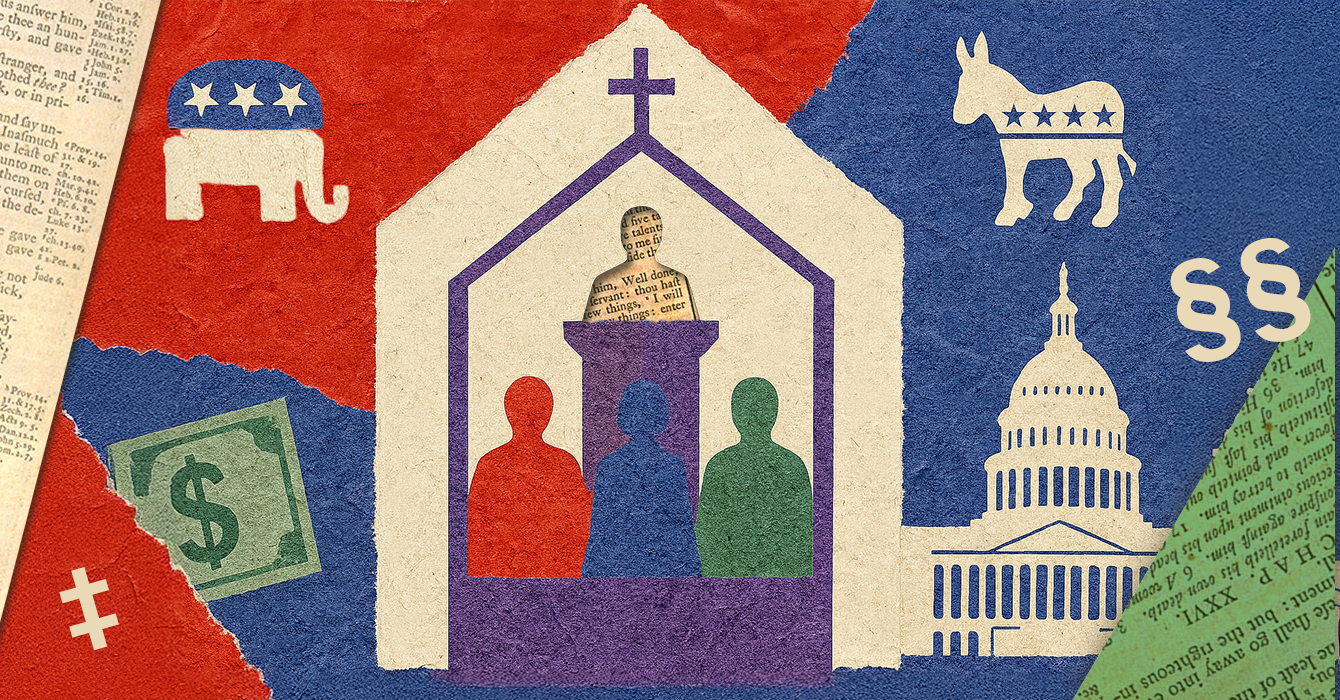When you’re writing a new playbook, it is helpful to take some time to get a fresh perspective.
In 2008, a group of us were scrambling to launch what is now Leadership Education at Duke Divinity. We were interviewing the group that this new effort was charged to serve — Christian institutional leaders. The financial crisis had everyone spooked, uncertain about what might happen next. Nearly everything was stalled. Many organizations prohibited all travel, no matter who was paying the bill. Those that had money were afraid to spend anything.
In that season, we found a few institutions that saw the crisis as an opportunity, however. For example, many schools launched new master’s programs. Other organizations pursued mergers or launched new ministries to serve those searching for meaning in the midst of the chaos. These organizations believed that something fundamental had changed and they needed a new playbook, a new strategy for a new time.
Sound familiar?
In the wake of years of stay-at-home orders and fresh evidence of long-standing injustices, I am hearing more congregations acting the way institutions were functioning in 2008. Some are stretching themselves to return to the activities of the past with fewer resources. Some are reducing ministries to the bare minimum. Some are going all in on re-imagining the basics, including considering things like selling property, merging with other congregations or developing other types of partnerships.
There was no playbook 15 years ago for our brand-new organization. Everything that we did was new, so we did not have much choice other than to try things. Every few weeks, we would deliver a plan for a project to our bosses. Invariably, the leaders would ask us to “take a step back.” I grew to dislike this part of the process. People who had not poured hours into drafting the plan would start asking questions about the purpose, the outcome or the community served. In essence, they wanted to examine basic assumptions and invite a new perspective on the situation that the plan addressed.
While I never grew to love this invitation to take a different perspective, I began to realize that it was a critical part of the process. Those of us who had fallen in love with the plan needed to see how others might experience it. Who was most likely to say “yes” and participate? Who was likely going to be left out? Taking a different perspective opened the possibility that others could buy into the process at an early stage.
- Optional approaches might become visible. In the rush of planning, we can seize on the first good idea and not explore others.
- Support may emerge from those who are engaged in the reflection at this stage. They may feel a stronger sense of connection if they can join a genuine reflective time.
- Unintended consequences may be identified more easily by those not yet committed to the proposal. Some of those consequences might be addressed with minor adjustments.
This stepping back move is something we can do for each other. Maybe you don’t need someone else to help you step back. I do. Most of the time, I am terrible at prompting this move with my own projects. To develop a concept, I have to commit to it. As a result, I lose sight of the alternatives. Some of this is my personality.
No matter your disposition, having colleagues who can prompt reflection and provide constructive feedback is invaluable. Taking a step back is what coaches and therapists invite people to do. Consultants often slow an organization down enough for others to see what is happening. It seems that we could develop this type of discipline among colleagues.
Back when I led a consulting group, a congregation’s governing body asked me to explain to them why they needed a consultant. This was a very painful conversation. I got frustrated at what I can now see as the false dichotomy in the discussion. There were assumed to be two alternatives. The first was that the consultant does the work on the congregation; the image is of a physician doing surgery on a patient. The second was that the congregation does the work itself and the consultant is not really doing anything.
I was proposing a third way. The consultant would take advantage of having an outsider perspective. The consultant did not have a stake in the decisions. The consultant’s role was to guide the process. The consultant would operate “a step back” for the entire experience.
In what situations do you need some perspective? Whom can you trust to prompt you to take a step back? Where in your planning process is there space for such a move? What might stepping back do in your situation?
Those of us who had fallen in love with the plan needed to see how others might experience it.















